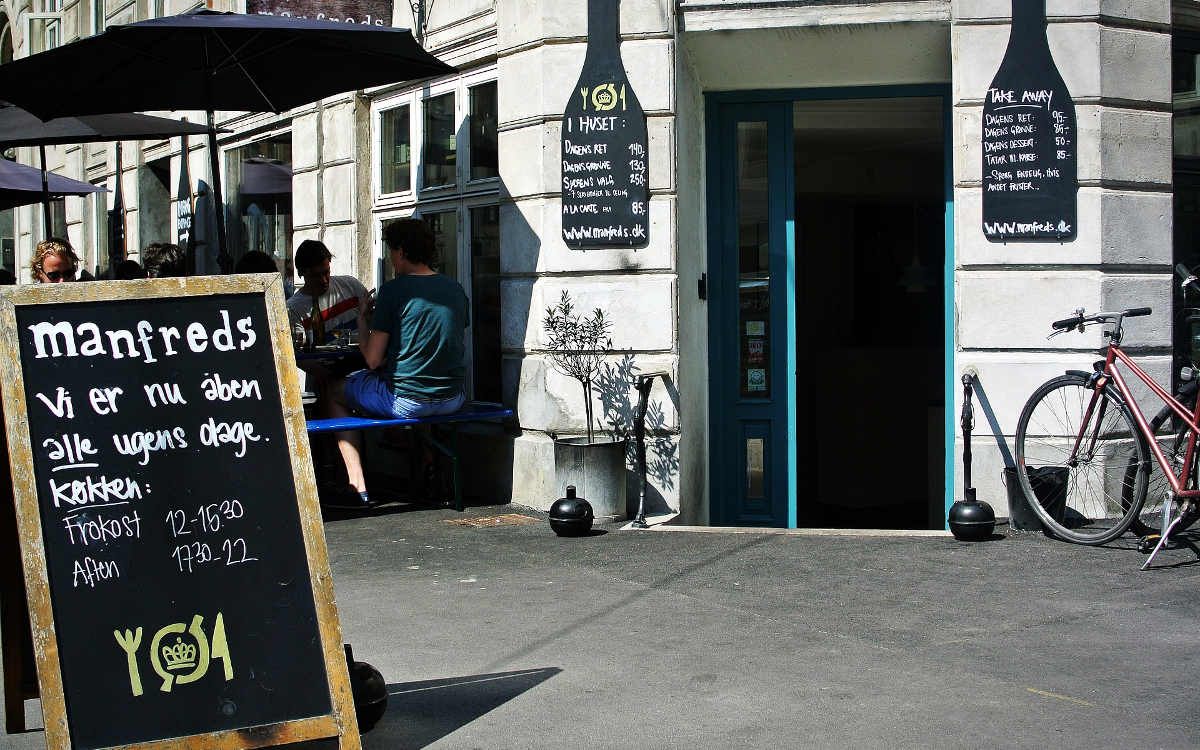My Approach to Learning a Second Language
When I learned Russian I was lucky to live in Moscow and Kiev where I could practice with native speakers. However, I’ve since learned that you don’t have to be in that environment to learn quickly. I’ve been learning German for about 14 months and although I’ve only spent six weeks in Germany, I can already speak it OK. This is my learning strategy and it can easily be applied to any language.
1. Learn the Pronouns
The first thing I do is learn the pronouns, like I, she, he, they, their, his, hers, it, etc. This takes longer than you might think because you lack an ear for the language and words easily slip out of your memory. Once I’ve got a good grasp on these basics I start with lessons.
2. Skype Lessons
I find my Skype tutors through a website called Preply. I love Skype lessons because they’re affordable (I pay $13 for an hour long German lesson and I used to pay only $7 for an hour long Russian lesson) and you’re the only student. That means you can dictate the tempo, ask for explanations, and generally learn quicker than you would in a group setting.
3. Take Notes and Translate
During my Skype lesson I write down every word that I don’t know. After the lesson I’ll go to my dictionary, translate these words, then write them down in my notebook. I also write down examples of the words used in context. When picking a dictionary it’s important to use one that has pronunciations voiced by a human, not a robot. For German I use Linguee, although I don’t know if they have human pronunciations for every language.
4. Put Vocab Words into Anki
After I’ve written down all my vocab words into my notebook I’ll go through them one last time and put every word into an app called Anki. This is a flashcard program so you can go back later and review the words. However, I don’t usually do that. I find that the process of inputting the words is usually enough.
5. Do it Again
I go through a nearly identical process week in and week out. It’s not exactly exciting but I’ve found it to be very effective. Also, an important aspect of my study schedule is that I work with the language every day. Daily study is an effective way to learn and cuts down on the time to fluency.



(When picking a dictionary it’s important to use one that has pronunciations voiced by a human, not a robot. For German I use Linguee, although I don’t know if they have human pronunciations for every language)
Translator Yandex, with a pronunciation of each word in 80 languages, will help you. Reference: https://translate.yandex.ru/